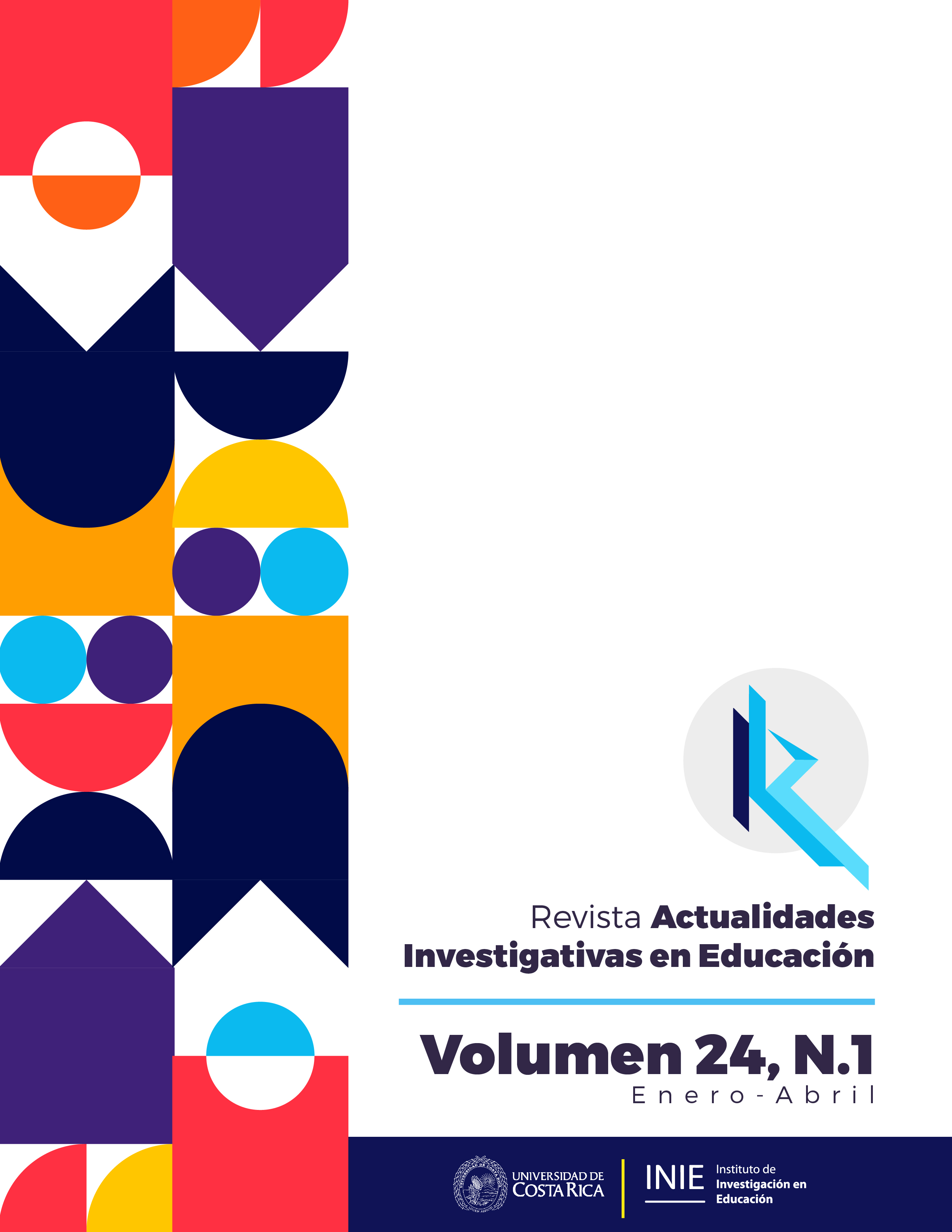Abstract
This reflective essay is framed in a process of analysis of substantive aspects associated with Technical Vocational Education and Training, in particular, with the management of pedagogical and curricular actions that converge in the study plans and programs, which are oriented to the consolidation of updated, relevant and inclusive profiles. The manuscript arises as an assessment of otherness in educational spaces and the relevance of eliminating any barrier or limit, by recognizing that all people are the other and that the greatest richness of the learning process is in the interaction, exchange and encounter with diversity, as an essential element of current training practices. For this purpose, a review was made of the theoretical position of several authors, as well as an analysis of the various perspectives that make it possible to embrace otherness in a framework of respect, legitimacy and empathy, that is, to motivate the training to enable the consolidation of life skills, well-being and fulfillment of the students.The manuscript arises as an assessment of otherness in educational spaces and the relevance of eliminating any barrier or limit, by recognizing that all people are the other and that the greatest richness of the learning process is in the interaction, exchange and encounter with diversity, as an essential element of current training practices.
For this purpose, a review was made of the theoretical position of several authors, as well as an analysis of the various perspectives that make it possible to embrace otherness in a framework of respect, legitimacy and empathy, that is, to motivate the training to enable the consolidation of life skills, well-being and fulfillment of the students.
References
Alaniz González, Gabriel. y Díaz García, Norma. (2017). Repensar la educación desde la perspectiva de la otredad. Revista Internacional de Investigación y Formación Educativa, 3(1), 7-16
Alles, Ángela. (2013). ¿Qué son el fenómeno y la fenomenología?. Biblos.
Bárcena, Fernando. y Joan Carles, Mélich. (2000). La educación como acontecimiento ético. Paidós.
González Silva, Freddy. (2009). La intersubjetividad del docente hacia su otredad o realidad de alteridad. Revista Educere, 13(46), 709- 717.
Ministerio de Educación Pública. (2017). Política Educativa. https://www.mep.go.cr/sites/default/files/page/adjuntos/politicaeducativa.pdf
Ministerio de Educación Pública. (2023). Política Nacional de la Educación y Formación Técnica Profesional. MEP. https://www.mep.go.cr/sites/default/files/documentos/politica-nacional-eftp.pdf
Morales Trejos, Carol. y Aguilar Caro, Aura. (2021). Relación entre las prácticas de apropiación cultural y la construcción de la identidad juvenil. Experiencias de Costa Rica y Colombia. Cuestiones Pedagógicas, 1(30), 37- 49.
Morin, Edgar. (1999). Los siete saberes necesarios para la educación del futuro. Organización de las Naciones Unidas para la Educación, la Ciencia y la Cultura (UNESCO). https://www.ideassonline.org/public/pdf/LosSieteSaberesNecesariosParaLaEdudelFuturo.
Olmos Roa, Andrea., Sánchez Dettmer, Martha. y Correa Reyes, Alfonso. (2016). Reflexión y transformación pedagógica. Reconocimiento a la otredad. Revista Iberoamericana de Educación, 71(1), 9-28.
Organización de Naciones Unidas (ONU). (1948). Declaración Universal de los Derechos Humanos. ONU. https://www.un.org/es/about-us/universal-declaration-of-human-rights
Organización de Naciones Unidas (ONU). (2023). Objetivos de Desarrollo Sostenible. ONU. https://www.un.org/sustainabledevelopment/es/education/
Programa Estado de la Nación (PEN). (2021). Estado de la Región 2021. Consejo Nacional de Rectores. https://repositorio.conare.ac.cr/handle/20.500.12337/8115
República de Costa Rica. (2019). Marco Nacional de Cualificaciones de la Educación y Formación Técnica Profesional de Costa Rica. MEP, INA, CONARE, MTSS, UCCAEP, UNIRE. https://cualificaciones.cr/mnc/images/articulos/publicaciones/MarcoNacionalCualific aciones_v2_16092019.pdf
Universidad Técnica Nacional. (2016). Modelo Educativo. UTN. https://www.utn.ac.cr/sites/default/files/attachments/Modelo%20Educativo%2001- 06-2018.pdf
Vargas Manrique, Pedro. (2016). Una educación desde la otredad. Revista Científica General José María Córdova, 14(17), 205-228.
##plugins.facebook.comentarios##

This work is licensed under a Creative Commons Attribution-NonCommercial-NoDerivatives 4.0 International License.
Copyright (c) 2023 María Lourdes Castro Campos







